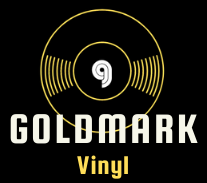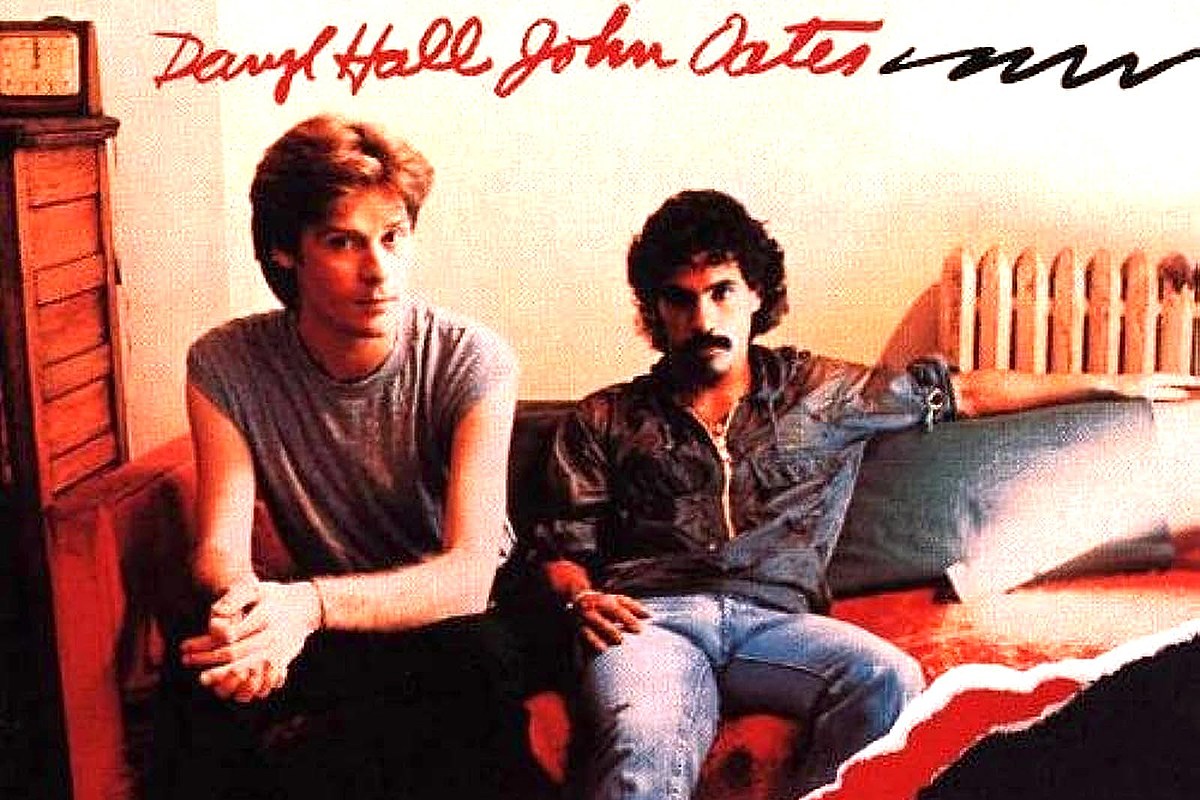Classic Rock
Hall and Oates Turn Corner on ‘Along the Red Ledge’
Along the Red Ledge showed where Daryl Hall & John Oates were headed. Unfortunately, they weren’t quite there yet.
Hall & Oates had taken a short break after turning more toward rock on 1977’s gold-selling Beauty on the Back Street. Hall recorded a solo debut with King Crimson‘s Robert Fripp that emptied almost all the soul from his sound, only to see the LP shelved. But it wasn’t for naught.
Fripp returned during sessions for Hall & Oates’ next LP to add a guitar solo on “Don’t Blame It on Love,” but his real contribution had been in helping Hall sharpen his focus. The best moments on Along the Red Ledge echoed their work together on Hall’s postponed Sacred Songs. They were lean, nervy and presented without the fuzzy production ticks that hampered the mid-’70s. All these elements would gird Hall & Oates as they broke out in the ’80s with a cunning mix of new wave and R&B.
This reframing felt like it was already under way, as Along the Red Ledge began with its best song. “I’m very proud of ‘It’s a Laugh,'” Hall told Goldmine in 2015. “That song is very real. It’s about a direct experience, and it has some surprises in it in terms of the chord changes.”
Still, RCA paired them with David Foster, an up-and-coming producer who occasionally cut against the sharp stylistic changes that were transforming Hall & Oates. (They’d been working with Christopher Bond since 1975’s Daryl Hall & John Oates.) Foster brought along a clutch of sleek Los Angeles sessions men, including Jay Graydon and Toto‘s Steve Lukather and Steve Porcaro, while also occasionally indulging a tendency toward the adult-contemporary sound that would soon transform Chicago into anodyne balladeers.
Foster made a smart decision that proved likewise transformative: He saw the value in using Hall & Oates’ regular band to complete the tracks. Before Along the Red Ledge, they’d relied on a rotating group of studio guys. They never would again.
Listen to Daryl Hall & John Oates’ ‘It’s a Laugh’
Hall & Oates’ touring lineup now featured former members of Elton John‘s Rock of the Westies-era band, including guitarist Caleb Quaye, bassist Kenny Passarelli and drummer Roger Pope. They formed a tight-knit group with long-standing saxophone player Charlie DeChant and keyboardist David Kent that had just produced Livetime, a concert recording from earlier in 1978.
Sessions were once again held in Los Angeles, where Hall & Oates had been recording since 1974’s Todd Rundgren-produced War Babies. This put them in the orbit of plenty of flashy guest stars, including Rick Nielsen of Cheap Trick and the Alice Cooper band’s Dick Wagner. Foster couldn’t resist needlessly including them. George Harrison‘s surprise turn on “The Last Time” happened in a far more organic way: He and Oates were big racing fans and had a mutual friend in Formula One racer Jackie Stewart.
“During the Long Beach Grand Prix, we were recording and I was down there with George watching the race and hanging out with him,” Oates told the Orange County Register in 2008. “I asked him if he would sit in and play on a song.” There was only one condition: “He said, ‘I’d love to – but I just want to be in the band. I don’t want to do anything special,'” Oates told NME in 2020. “He was very humble.”
Elsewhere, “I Don’t Wanna Lose You” emerged as a sturdy tribute to their Philly soul roots, with tight interlocking voices decrying a love in jeopardy amid the very of-the-moment strings. The track’s street-corner groove was fueled by Passarelli, who’d opted for a fretless bass after the Livetime album. “To me, it’s a Thom Bell, Spinners kind of song,” Hall said in the liner notes to their Do What You Want, Be What You Are box set.
Passarelli later revealed his performance was modeled on Foster’s embryonic work with future Toto co-founder David Hungate around that time. “He suggested some parts for me other than the basic track,” Passarelli told No Treble in 2017. “I wasn’t one of those slap-and-thumb guys, but Hungate was back in the day, so Foster said I should try it. I will definitely give him credit for that.”
Listen to Daryl Hall & John Oates’ ‘Melody for a Memory’
When Along the Red Ledge stumbled, that was usually related to Foster, too. Dial back “Alley Katz,” “Serious Music” and “Don’t Blame It on Me” just a bit, and they may have hit with any member of the original MTV generation. (The over-cluttered “Pleasure Beach” is Foster’s worst sin.) Thankfully, “Have I Been Away Too Long,” “Melody for a Memory” and “August Day” open a generous spotlight for Hall & Oates’ soulful release.
Rundgren returned to play on “Have I Been Away Too Long,” then Hall & Oates joined him the next night onstage at the Roxy during the recording of Back to the Bars. They sang backup on “Hello It’s Me” and performed “She’s Gone” as part of the encore. Ultimately, hits like that from earlier in the ’70s still held far more resonance than anything on Along the Red Ledge, which arrived on Aug. 21, 1978.
The LP crept only a few spots higher than Beauty on a Back Street. “It’s a Laugh” reached No. 20, but “I Don’t Wanna Lose You” finished just outside the Top 40. “It’s like here it is – this Philly song. It had all the elements,” Hall told Rock Cellar in 2015. “I said, ‘This has gotta be a radio song,’ and it didn’t get any response whatsoever.” Ironically, Oates said he swiped the title for the sometimes scattered album from Kenneth Patchen’s experimental novel The Journal of Albion Moonlight – a mash-up book that wildly mixes prose, line drawings and verse. Even the fonts change. Both Hall & Oates and Along the Red Ledge still needed to decide what they wanted to be.
“We loved Red Ledge, but it didn’t produce any real hits,” Oates wrote in his autobiography, Change of Seasons. “So of course the record company didn’t share our enthusiasm with the effort.” They decided to return to New York City while recording the follow-up, and their Los Angeles era was over. Soon, Hall and Oates’ time at the lower end of the charts would be over, too.
Top 200 ’70s Songs
Looking back at the very best songs from ’70s.

